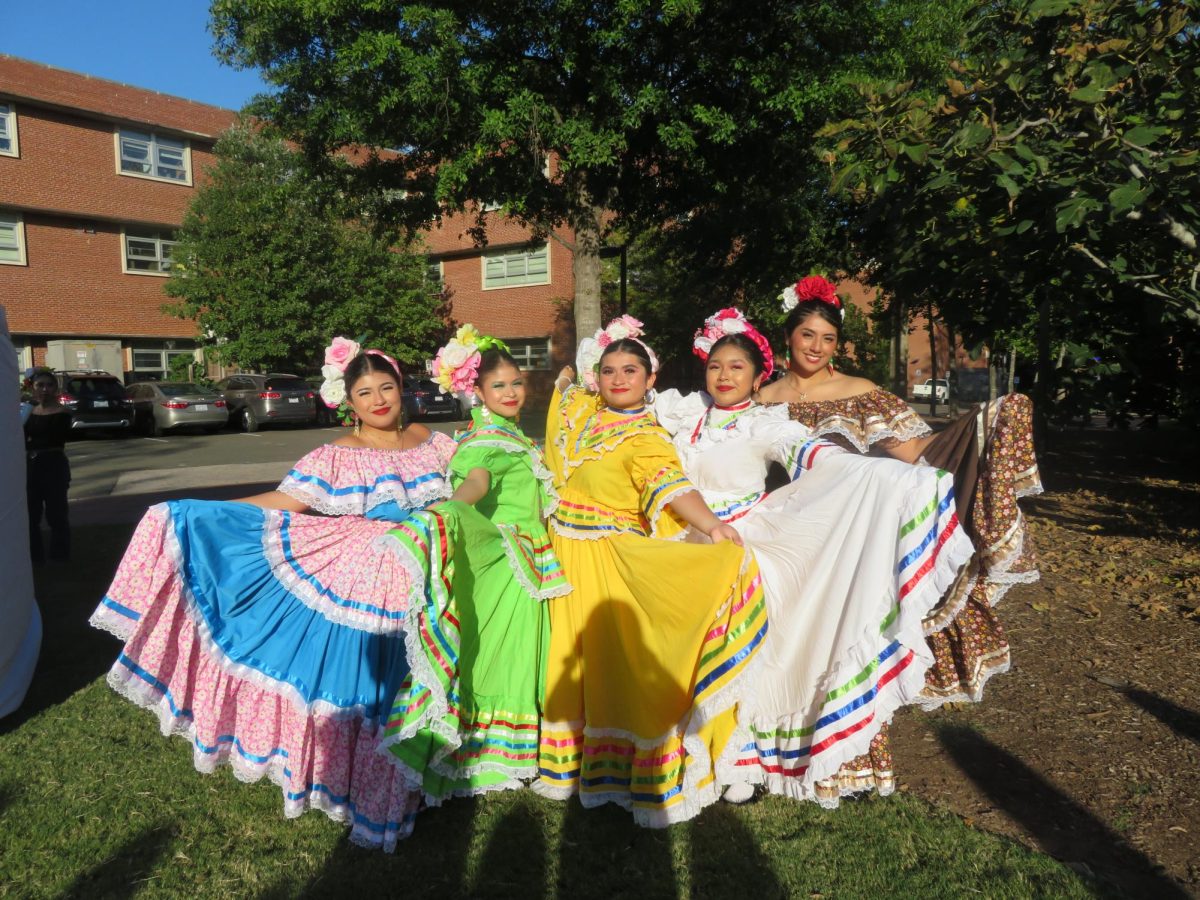Stephanie Tate | Editor-in-Chief
While many are anticipating Christmas, there are a number of students who celebrate other religious holidays that do not necessarily coincide with academic breaks. The majority of our breaks during the academic year fall around what are generally considered to be American and/or Christian holidays.
Winter break for example, is always around the time of Christmas and spring holiday is always around the time of Easter. Michael Mullen, Vice Chancellor and dean of the Division of Academic and Student Affairs (DASA), explained that this is a part of a longstanding tradition.
“The winter holiday break of course has always been around the Christmas holiday. This tradition goes back many decades. The only other break is Spring Break, Friday, April 14 this year, that coincides with Good Friday. Again, this is traditional going back many decades,” Mullen said.
For some students, this tradition is problematic. Rania Hassan, a sophomore studying environmental science, is a Muslim student and feels that the tradition of school breaks falling in line with Christian holidays is not only unfair but unconstitutional.
“The fact that schools operate around Christian holidays is a contradiction to the constitution. Just because the majority of people in America are Christian doesn’t mean that my holidays mean any less… We are a country with many religions and we can only preach equality when we give everyone the same religious rights as Christians,” Hassan said.
Students who need to miss school to celebrate religious holidays are given the opportunity to do so in accordance with a 2010 law enacted by the North Carolina General Assembly. NC State’s own attendance policy reflects this by allowing “a minimum of two excused absences per academic year for religious observances as verified by the Division of Academic and Student Affairs (DASA),” according to section 3.1.3 of REG 02.20.03.
According to Dr. Mullen, if a student feels they have been wrongly punished for missing class in lieu of observing a religious holiday, then there are resources available. “Their first contact should be the department’s or college’s dean’s office. The Student Ombuds Service can provide assistance, and of course, the Division of Academic and Student Affairs would be the next step,” Mullen said.
For Hassan and others, it is not just about missing class, it is also about the lack of time they are able to spend with their families and the missed school work. “Since I have to skip school to celebrate my holidays, I only get to celebrate Eid-Al-Fitr and Eid-Al-Adha for a day when these holidays are normally 3 days long, but I can’t afford to miss that much school. I only get two holidays a year besides Ramadan and I feel it unfair that I can’t enjoy them,” Hassan said.
According to the university’s policy, students absent from class to observe religious holidays must provide adequate documentation prior to missing the class. Even then, professors are not obligated to provide the students with the notes from class or other coursework they may have missed while absent. Hassan has had a fairly positive experience with professors after missing class to celebrate Islamic holidays with her family.
“I think professors are very accepting for excused religious absences, but there is no effort made to get the students the material they missed or to get them back on track since the professors have to continue the material,” Hassan said.
While others prepare to pack up for the Christmas season, some consider this just another break from school. Alternatively, while some head home in the middle of the week to celebrate other religious holidays, others continue on with a normal school day.
For Hassan, this is more than just missing a few notes, it is a matter of basic rights. According to Hassan, “I think it’s my right as an American and under the first amendment that I get to celebrate my holidays and not have to worry about the school work I missed. I shouldn’t have to decide between my education and my religion.”







